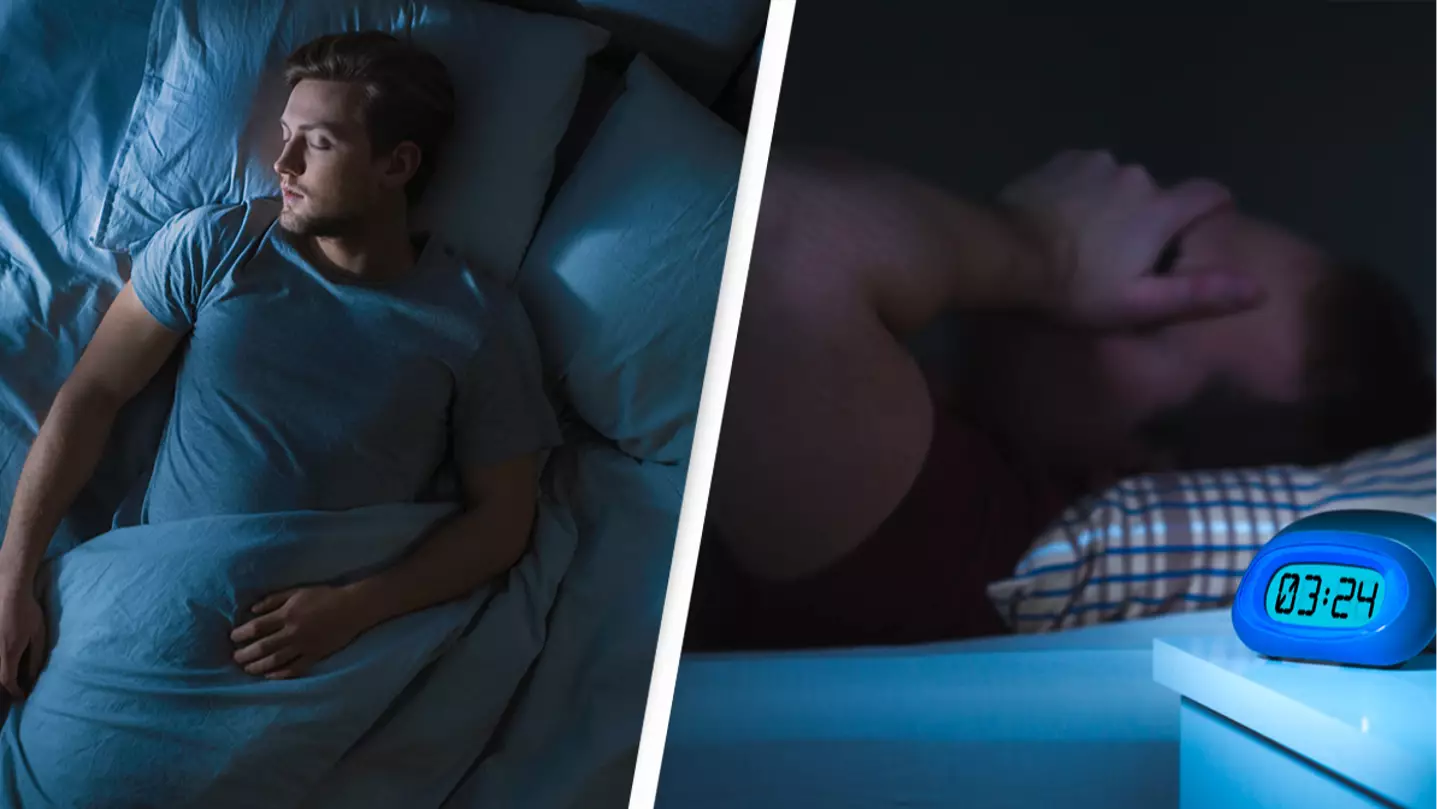
We all know someone that says they're not a morning person, and to be honest, you can often spot these in the office.
The person who rushes to make a coffee with a double espresso shot before they start work and look half asleep for the first two hours - yep, them.
The easy risers among us have probably all said to ourselves at some point that the person in question should probably just get some more sleep, but that is not always possible.
Of course, there are some people who have had a bit of late night out on the booze, and that is really showing the next morning at work.
Advert
But for some, there may actually be an underlying health condition involved that is causing the morning grogginess.

The condition is know as delayed sleep phase syndrome (DSPS), which is a type of circadian rhythm sleep disorder.
According to Healthline: "DSPS is a problem with your internal body clock. If you have DSPS, you can’t fall asleep at a socially acceptable bedtime. Instead, your sleep is delayed by at least two hours."
Advert
In fact, this even happens to people who have DSPS when they are tired.
Obviously, having a condition that means you fall asleep a lot later than everybody else means you are likely to wake up later, too.
If you are falling asleep at 3.00am, it is going to be a real struggle to get into the office at 9.00am, so the condition can certainly have a massive impact on work, school or any other daily routines.
While many may not know about DSPS, it's actually fairly common, with it affecting around 15 percent of adolescents and adults.
Advert
While it can also impact other age groups, DSPS is certainly most common in the teenager and young adult age bracket.

A running misconception is that DSPS is actually the same as being a 'night owl', but this is definitely not the case.
If you are a 'night owl', then you choose to be up late, but with DSPS, you're up late because of no fault of your own as the body clock is delayed.
Advert
So what is it like to live with the condition? Well, in 2017, Vox spoke to then-21-year-old student Cassidy Sokolis, who was diagnosed with DSPS when she was 19.
If Sokolis ever needed to wake up before 11.00am, she would leave three alarms scattered around her bedroom, and even then she would wake up in a startle.
"It's really frustrating. People have mocked me for it, saying how lazy I am, that I'm not trying hard enough," she said.
"That really bothers me. Because it's my brain's fault, not mine."
